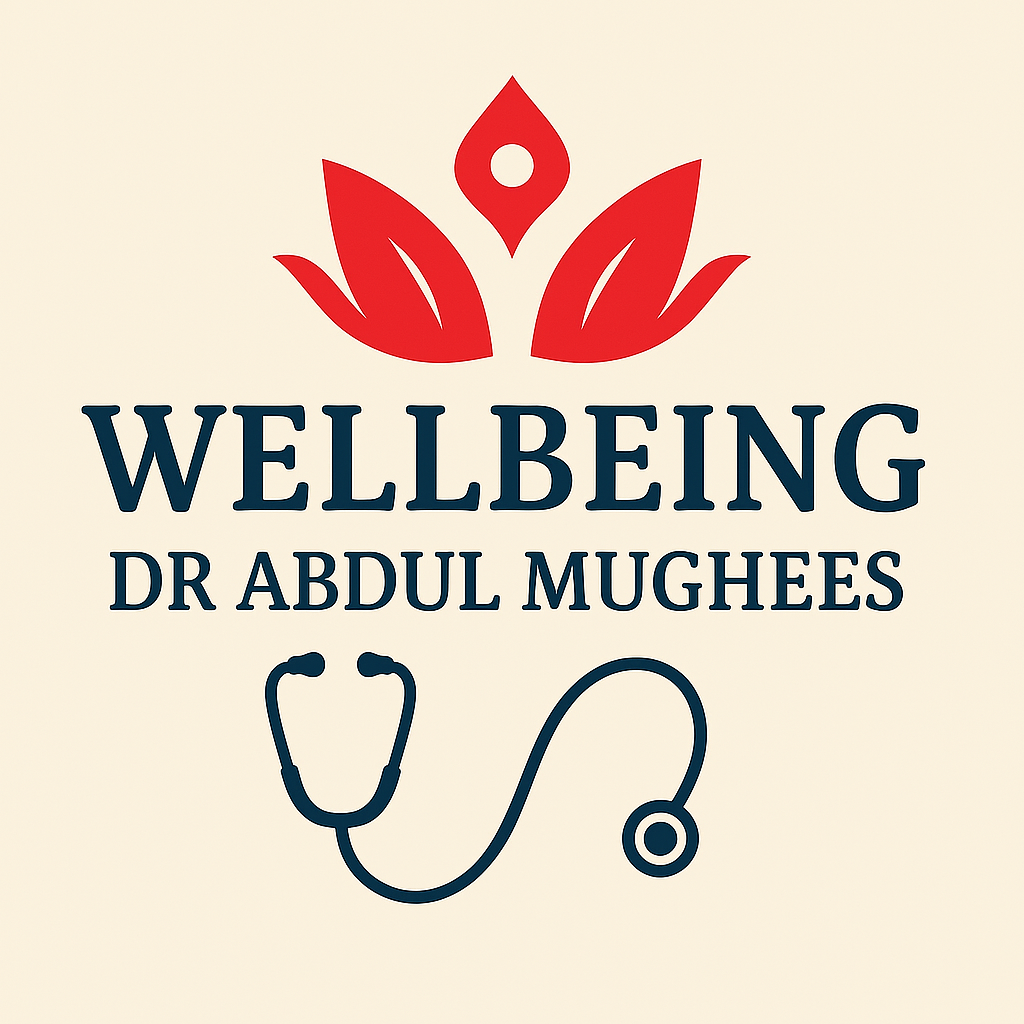
The Wellbeingologist Blog
Your Companion for Mind, Body, and Soul.
How Do Oppressors Sleep Peacefully? A Journey Through Conscience, Fitrah, and the Gut–Brain Connection
Why do people who commit injustice and cruelty sleep peacefully at night while others lose sleep over a small mistake? This thought-provoking article explores the hidden link between conscience (zameer), fitrah (human nature), and modern science — revealing how our moral awareness can die when we feed our bodies and souls with the wrong inputs. Drawing insights from the Quran, psychology, and the gut–brain connection, Dr. Abdul Mughees explains why unlawful (haram) earnings and impure food not only corrupt health but also numb the soul, silence the inner voice, and destroy peace of mind. Learn how lawful income, clean food, and a pure heart restore spiritual balance and well-being — for yourself, your family, and society.
Target Keywords (naturally embedded):
how oppressors sleep peacefully, conscience and fitrah, gut-brain connection Islam, haram income effects, halal food spirituality, Quranic life lessons, moral well-being, Dr Abdul Mughees wellbeing.
The 4 Types of Muslims: A Deep Analysis of Faith and Identity
Discover the four types of Muslims—Accidental, Emotional, Intellectual, and Heartful. A deep reflection on faith, identity, and self-accountability.
What kind of Muslim am I? This thought-provoking article explores four types of Muslims—Accidental, Emotional, Intellectual, and Heartful. Based on personal reflection, it highlights how each stage shapes faith, practice, and sincerity. A must-read for anyone seeking spiritual growth, self-accountability, and a deeper connection with Islam.
Why Do We Worry? A Logical and Spiritual Approach to Peace of Mind
Why do we worry about problems we cannot control? In this blog, explore a simple step-by-step formula that combines logic with faith to overcome stress. Learn how Islamic teachings remind us that every situation—whether joy or hardship—brings hidden good for a believer. Discover how patience, gratitude, and trust in Allah can transform worry into peace of mind.
Signs of Allah in the Human Heart
Explore the human heart as a miracle of science and a sign of divine wisdom—where medical facts meet Qur’anic and spiritual insights.
The human heart is not only a medical marvel but also a profound sign of divine wisdom. From the precise rhythm of each heartbeat to the hidden spiritual reminders in its function, our heart reflects both science and spirituality. Discover how medical facts, Qur’anic insights, and spiritual reflections connect in the story of the heart.
Regrets of the Dying - Lessons for the Living
The last moments of life often reveal the deepest truths. Australian nurse Bronnie Ware, in her bestselling book The Top Five Regrets of the Dying, recorded the five most common regrets people expressed before death: not living a life true to themselves, working too hard, not expressing their feelings, losing touch with friends, and not allowing themselves to be happier. These regrets hold timeless lessons for us all—reminding us to embrace authenticity, balance work with relationships, show courage in expressing emotions, nurture meaningful friendships, and choose happiness as a daily practice. Interestingly, these insights align with spiritual wisdom as well: gratitude, contentment, trust in God, and valuing human connections. By turning these regrets into living goals, we can shape a purposeful, peaceful, and fulfilling life—one without the weight of “what if.” Discover how faith, reflection, and mindful choices can transform your life before it’s too late.
A Timeless Du‘a for Every Hardship
Discover the timeless power of the dua of Prophet Yunus (AS): “La ilaha illa Anta, Subhanaka inni kuntu minaz-zalimin.” This Quranic supplication combines Tawheed, Tasbeeh, and humility—offering hope, forgiveness, and relief in every hardship. Learn its story, meaning, and benefits, and why it is a treasure for every believer seeking peace, strength, and Allah’s mercy.
Learn the meaning, benefits, and power of Prophet Yunus’s dua La ilaha illa Anta Subhanaka inni kuntu minaz-zalimin for hardship, relief, and mercy.






